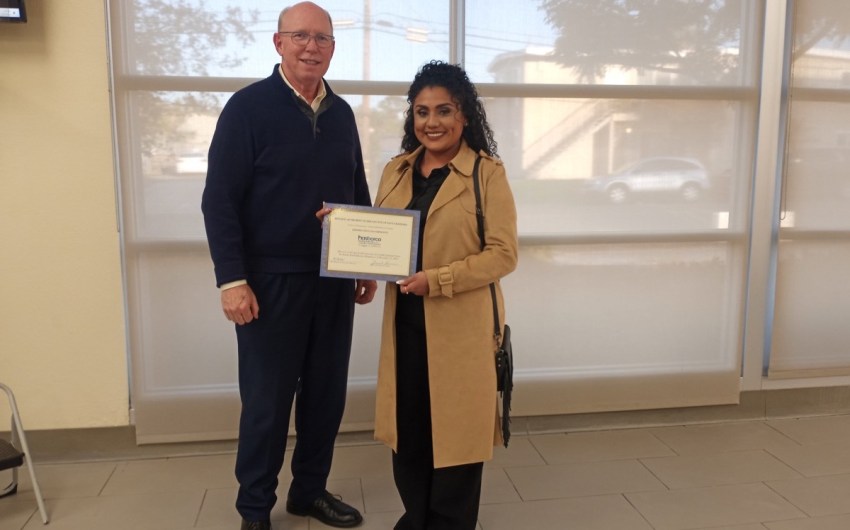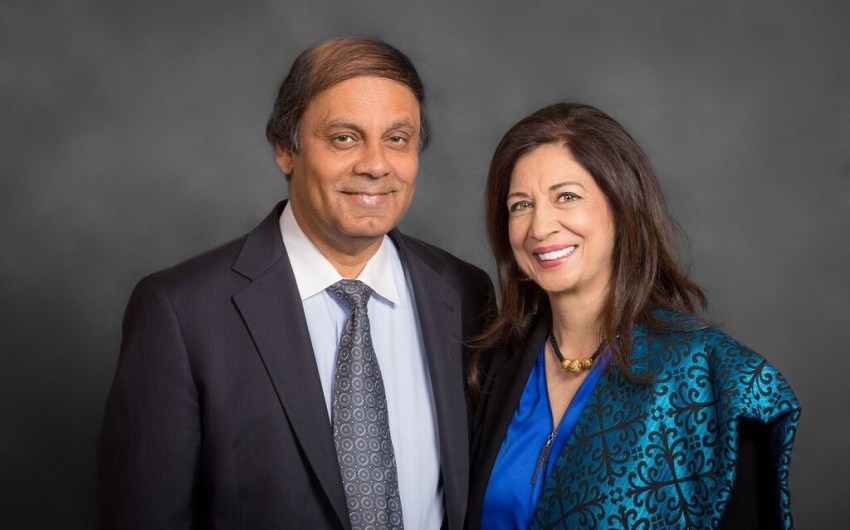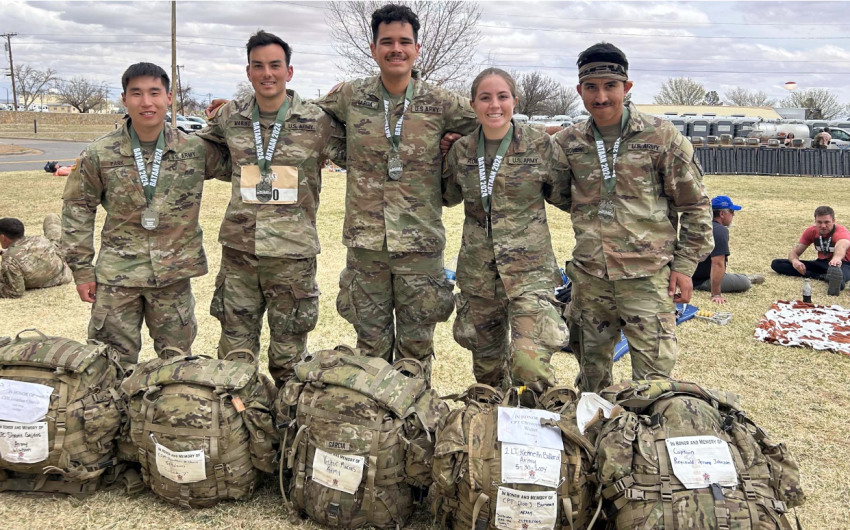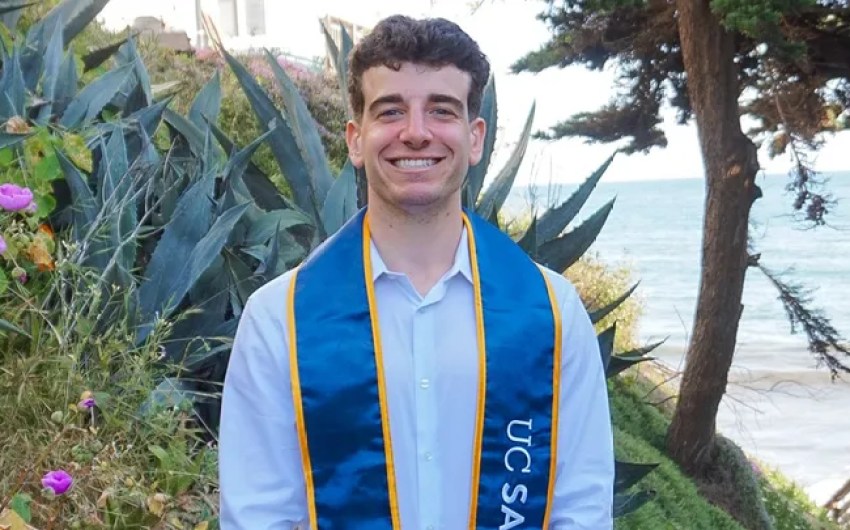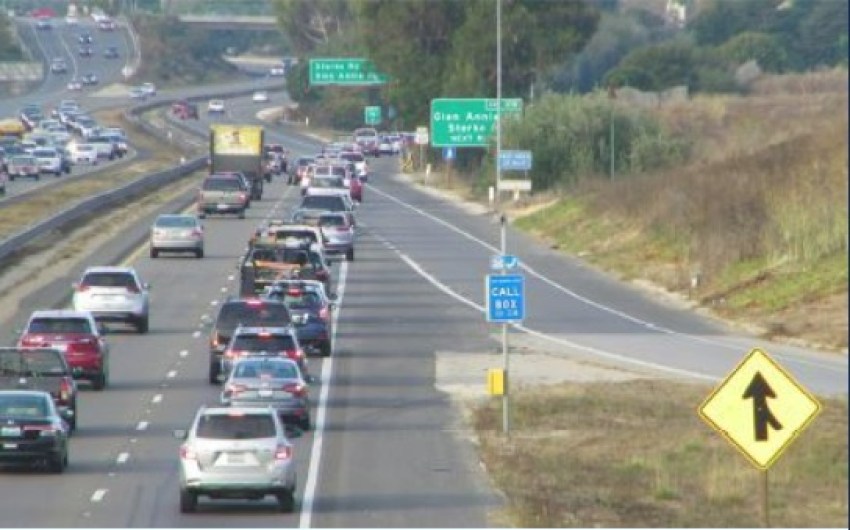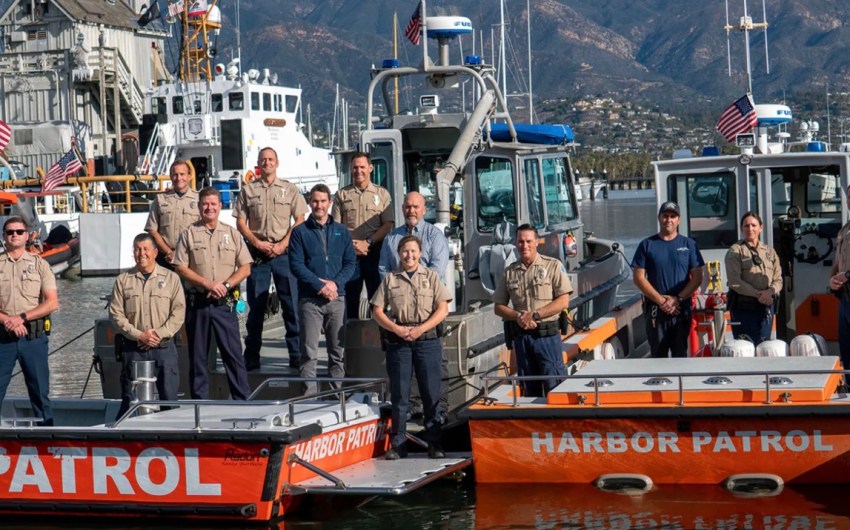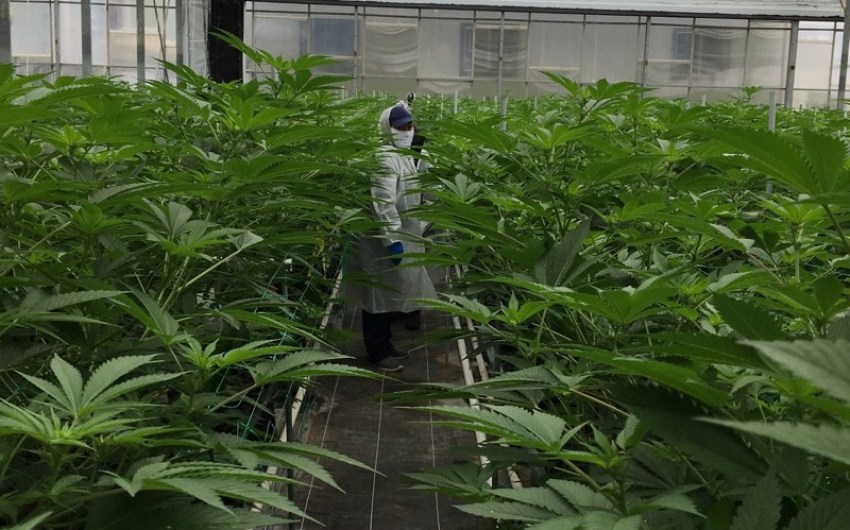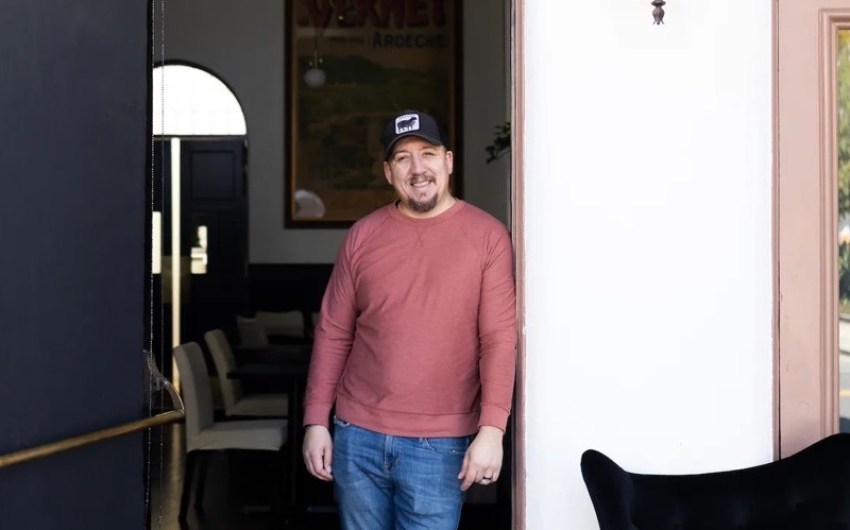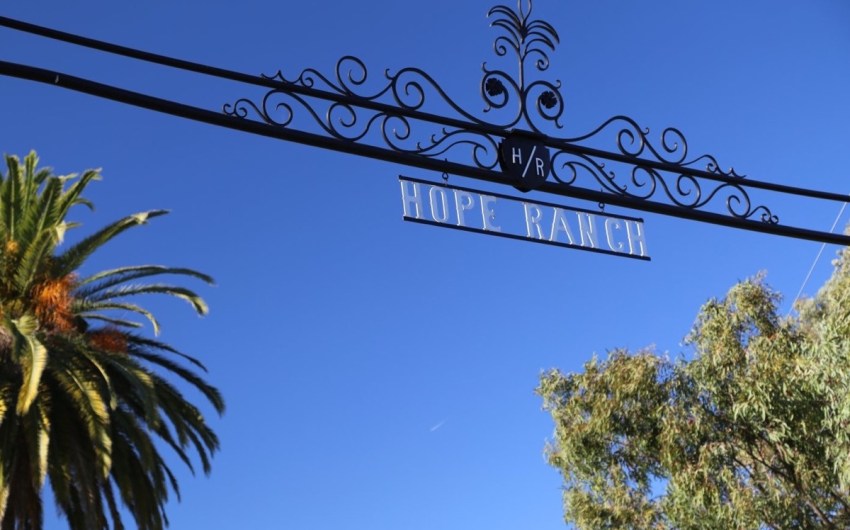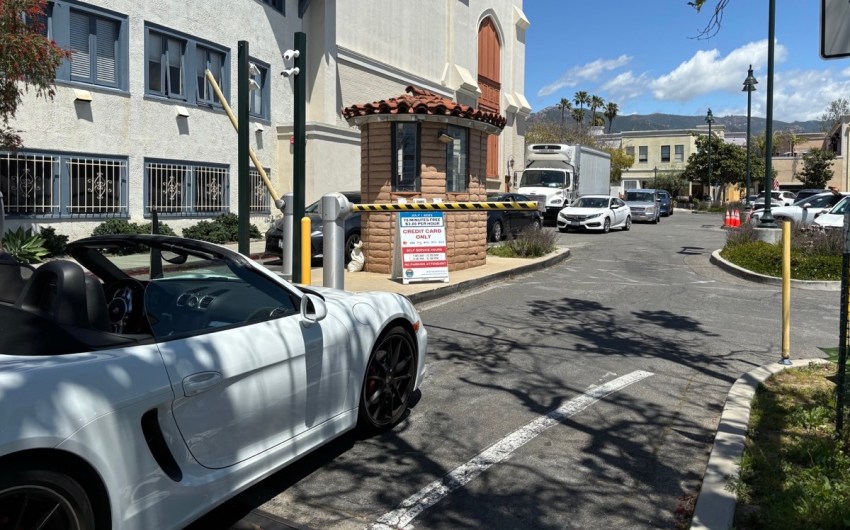Santa Barbara Sobering Center Posts 400 Percent Increase in Intakes
New Insurance Program Helps Center Defray Cost of Taking Care of Clients
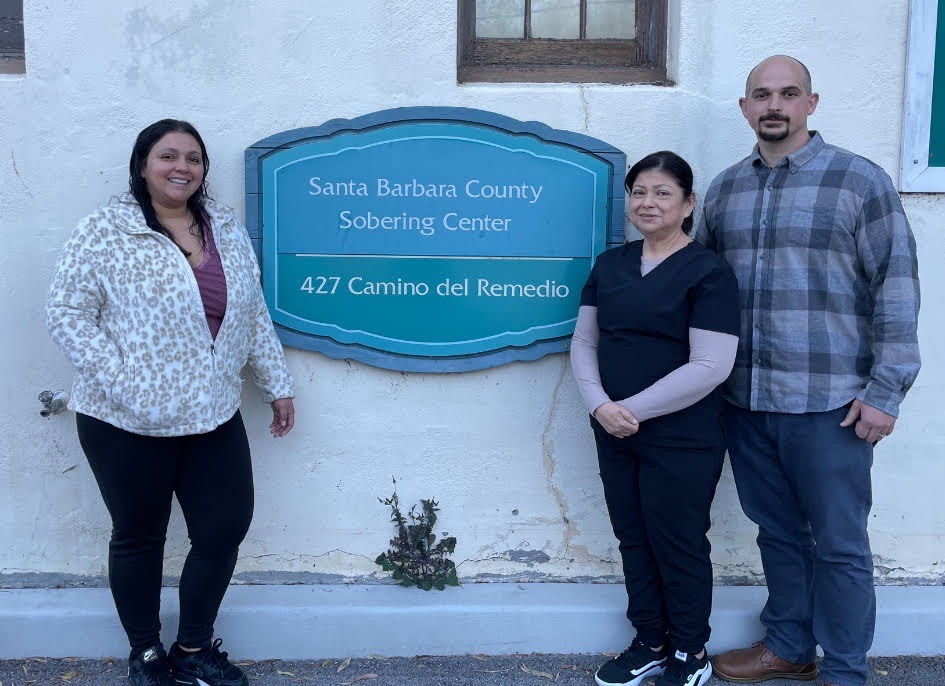
For years, the sober center off Calle Real near the county’s Social Services campus in Noleta might have been the best-kept secret in all of Santa Barbara. Few people knew it existed; even fewer knew what it did. And with a name as dauntingly opaque as “CREDO 47,” that’s little wonder. In recent months, however, that’s turned around. According to center manager Brian Dalley, the number of people seeking help at the center has quadrupled in the past few months: “When I started in September, we had maybe 20 people a month; now it’s 70 to 80.” According to Dalley, the center has the capacity to handle even more. “It’s hard to say — maybe up to a hundred,” he said.
Dalley might know a thing or two. A drug and alcohol counselor for the past seven years, he was an employee at the CREDO 47 Stabilization Center — a k a the Santa Barbara Sobering Center — when it first opened its doors. Like many in his line of work, Dalley learned the lessons of addiction the hard way and is also in recovery. Since taking the helm, Dalley has beat the bushes of every nonprofit and government agency working the sobriety circuit to get the word out. “It’s all word of mouth,” he said. “I was amazed by all the people who knew nothing about us.”
He still has a way to go. Law enforcement agencies, for example, have been slow to drop people off at the sober center. “We’re working on that,” Dalley said. “It’s not as much as it should be. It remains a work in progress.” The county’s Probation Department, he said, has been quick to take advantage of the center’s services, as has the county jail when releasing inmates with addiction struggles.
Dalley is quick to credit the center staff as well. “Everyone here creates a warm environment where we just love on the clients,” he said. The sober center is the only game in town apart from the hospital, he said, for people in the throes of intoxication to get admitted by a treatment provider. “We are very low-barrier. We want people to easily access our services,” he said.
Clients come from “all walks of life,” he said, but the majority are homeless. Many do not have insurance. But no one, he added, is turned away because of that. Medical professionals — not doctors — are on hand to screen potential clients and get them hydrated and cared for. Depending on the specifics of their situation, clients are allowed to stay from 24 to 72 hours. When they leave, Dalley said, every effort is made to hook them up with substance-use-disorder or mental-health treatment and into some form of supportive housing.
Some clients, he said, find their way to the center having been “exited” from such programs for testing positive for drugs or alcohol or otherwise violating the terms and conditions of participation. After three days at the sober center, they are allowed to return rather than being kicked out for good. And clients are driven to these destinations, Dalley stressed, not released onto the streets where they may or may not find their own way. The center has 10 beds.
This past week, CenCal — which provides medical services to Medi-Cal recipients throughout Santa Barbara and San Luis Obispo counties — issued a press release exalting the fact that the sober center diverted 470 individuals who otherwise would have been sent to local emergency rooms or the county jail. According to CenCal, that translates to 2,000 days of treatment care.
That makes the sobering center CenCal’s most heavily used “Community Supportive Service.” This bureaucratically obscure designation refers to a massive change in state and federal law that allows providers to receive Medi-Cal reimbursement for a host of services previously never covered in the government insurance program. In the past, the sobering center — run and managed by the Good Samaritan Shelter — covered the costs of operating the center from grants. Now, thanks to CalAim — a new program that expands Medi-Cal for a host of services that previously weren’t compensated for, including treatment at sober centers — individual clients’ direct costs are covered. This is one of many necessary services traditionally paid for by cobbling together numerous grants, all enjoying varying degrees of reliability.
Dalley said only one client to date was referred to the sobering center by CalAim. The new insurance program — which also covers the cost of special hospital care in homeless shelters and the cost of food preparation for those without kitchens of their own — he said helps defray the cost of taking care of clients once they get there. The big difference? “It makes us self-sufficient,” he said.
Premier Events
Sun, Apr 28
6:00 PM
Santa Barbara
AHA! Presents: Sing It Out!
Thu, May 02
5:00 PM
Santa Barbara
Things with Wings at Art & Soul
Sat, May 04
10:00 AM
Lompoc
RocketTown Comic Con 2024
Sat, Apr 27
11:00 AM
Santa Barbara
Santa Barbara Plant Fest
Sat, Apr 27
3:30 PM
Santa Barbara
Santa Barbara Trapeze Co and Unity Shoppe Spring Food Drive
Sat, Apr 27
8:00 PM
Santa Barbara
Beau James Wilding Band Live
Sun, Apr 28
11:00 AM
Santa Barbara
Santa Barbara Earth Day Festival 2024
Wed, May 01
7:30 PM
Santa Barbara
American Theatre Guild Presents “Come From Away”
Thu, May 02
5:00 PM
Santa Barbara
100th Birthday Tribute for James Galanos
Thu, May 02
5:00 PM
Santa Barbara
Meet the Creator of The Caregiver Oracle Deck
Fri, May 03
4:00 PM
Santa Barbara
Santa Barbara Fair+Expo “Double Thrill Double Fun”
Fri, May 03
8:00 PM
Santa barbara
Performance by Marca MP
Sat, May 04
10:00 AM
Solvang
Touch A Truck
Sun, Apr 28 6:00 PM
Santa Barbara
AHA! Presents: Sing It Out!
Thu, May 02 5:00 PM
Santa Barbara
Things with Wings at Art & Soul
Sat, May 04 10:00 AM
Lompoc
RocketTown Comic Con 2024
Sat, Apr 27 11:00 AM
Santa Barbara
Santa Barbara Plant Fest
Sat, Apr 27 3:30 PM
Santa Barbara
Santa Barbara Trapeze Co and Unity Shoppe Spring Food Drive
Sat, Apr 27 8:00 PM
Santa Barbara
Beau James Wilding Band Live
Sun, Apr 28 11:00 AM
Santa Barbara
Santa Barbara Earth Day Festival 2024
Wed, May 01 7:30 PM
Santa Barbara
American Theatre Guild Presents “Come From Away”
Thu, May 02 5:00 PM
Santa Barbara
100th Birthday Tribute for James Galanos
Thu, May 02 5:00 PM
Santa Barbara
Meet the Creator of The Caregiver Oracle Deck
Fri, May 03 4:00 PM
Santa Barbara
Santa Barbara Fair+Expo “Double Thrill Double Fun”
Fri, May 03 8:00 PM
Santa barbara
Performance by Marca MP
Sat, May 04 10:00 AM
Solvang

